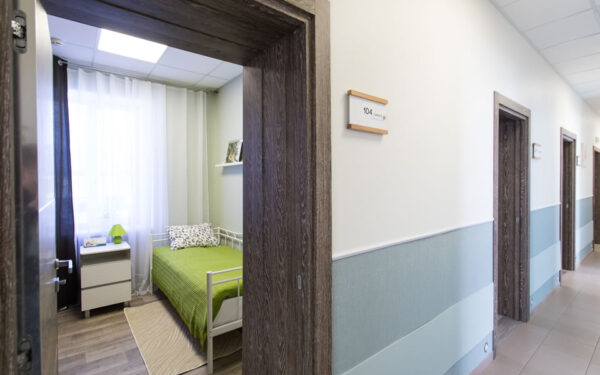Massachusetts Determination of Need 2017 Revisions of 105 CMR 100

Effective January 27, 2017, the Massachusetts Department of Public Health implemented numerous revisions to the Determination of Need Program (DoN) regulations under 105 CMR 100.
The purpose of these revisions are to streamline the DoN process and to encourage competition and the development of innovative health delivery methods. Additionally, these new revisions put a heavy emphasis on community involvement throughout the process, in addition to aligning with the Commonwealth’s goals for cost containment, improved public health outcomes, and delivery system transformation.
DoN applications will need the generic items, including, but not limited to, notice of intent, application form (which will now be filed electronically), narrative statement, filing fee, and affidavit of truthfulness. It should be noted the applicant is now the health system as opposed to the individual facility. The main revisions are associated with the information and supporting documentation that need to be submitted under 105 CMR 100.210, which include the following six factors:
Factor 1 – Applicant Patient Panel Need, Public Health Value, and Operational Objective
- Demonstrate sufficient need for proposed project using existing patient panel, and
- Demonstrate proposed project will add measurable public health values with improved health outcomes and quality of life, and
- The Department determined the proposed project will operate efficiently and effectively, improving continuity and coordination with linkages to the community and patients’ primary care services, and
- Provide evidence of consultation, prior to and after the filing date, with all necessary government agencies, and
- Provide evidence of communication and engagement with the community throughout the development of the proposed project, and
- Demonstrate the proposed project will compete on the basis of price, medical expenses, provider costs, and other measures of healthcare spending.
Factor 2 – Health Priorities
- Demonstrate how the proposed project will align with the Commonwealth’s goals for cost containment, improved health outcomes, and delivery system transformation.
Factor 3 – Compliance
- Applicant certifies that it is in compliance and good standing with federal, state and local laws and regulations; also in compliance with all previously issues DoN terms and conditions.
Factor 4 – Financial Feasibility
- Must provide a certification by an independent accountant that the proposed project is financially feasible. The accountant is responsible for reviewing past and present budgets, balance sheets, projected cash flow, and proposed levels of financing for the proposed project, including a five-year sustainability analysis.
Factor 5 – Relative Merit
- Take into account the quality, efficiency, and capital and operating costs of proposed project relative to other alternative or substitute methods for meeting existing patient panel need.
Factor 6 – Community-Based Health Initiatives (CHI)
- DPH has issued the following three sets of guidelines (available on DoN website) to support compliance with the CHI requirement in Factor 6:
- CHI Planning Guideline.
- Community Engagement Standards for CHI Planning Guideline.
- DoN Health Priorities Guideline.
The above is intended to serve as a high level overview of new revisions to the DoN regulations. As previously mentioned, the intent of these revisions is to streamline the DoN process while ensuring proposed projects are aligning with the Commonwealth’s goals for cost containment, improved health outcomes, and delivery system transformation. Further information regarding the revisions can be found on the Determination of Need website.





